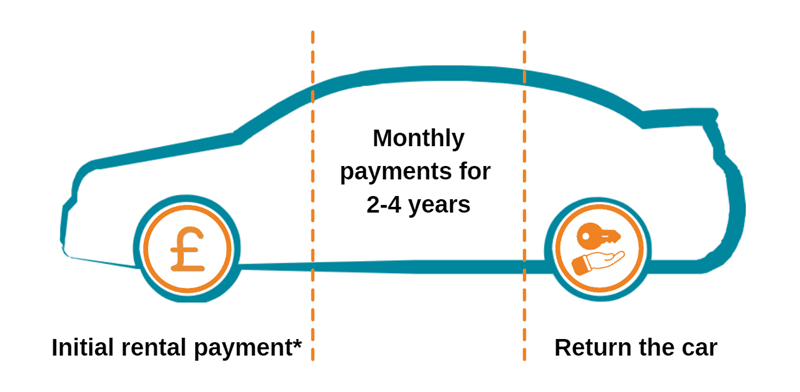
Can I Cancel Car Finance Early?
Once you enter into a car finance agreement in the UK you have 14 days to cancel the finance contract but you still need to pay for the car. For example you have just taken delivery of your car but decide after a week you don’t want the finance anymore. Continue reading Can I Cancel Car Finance Early?









